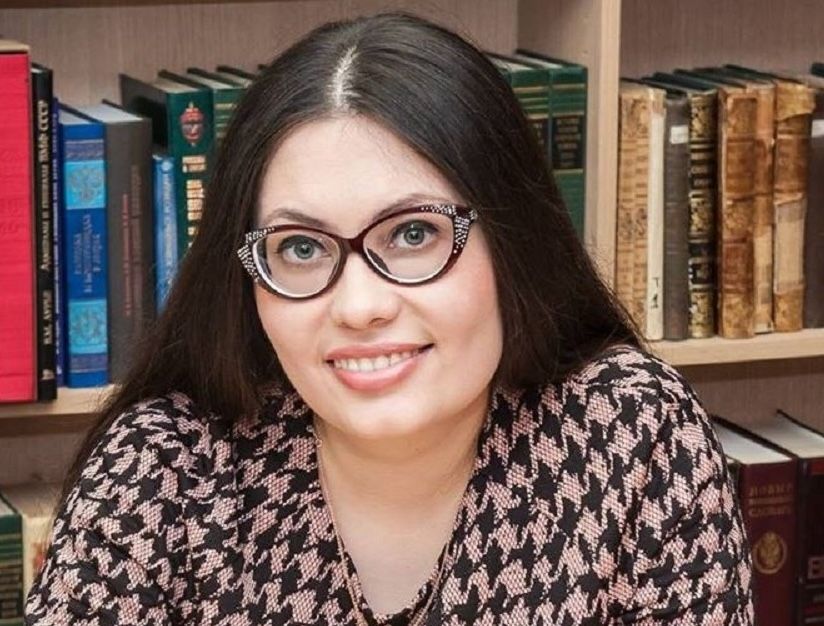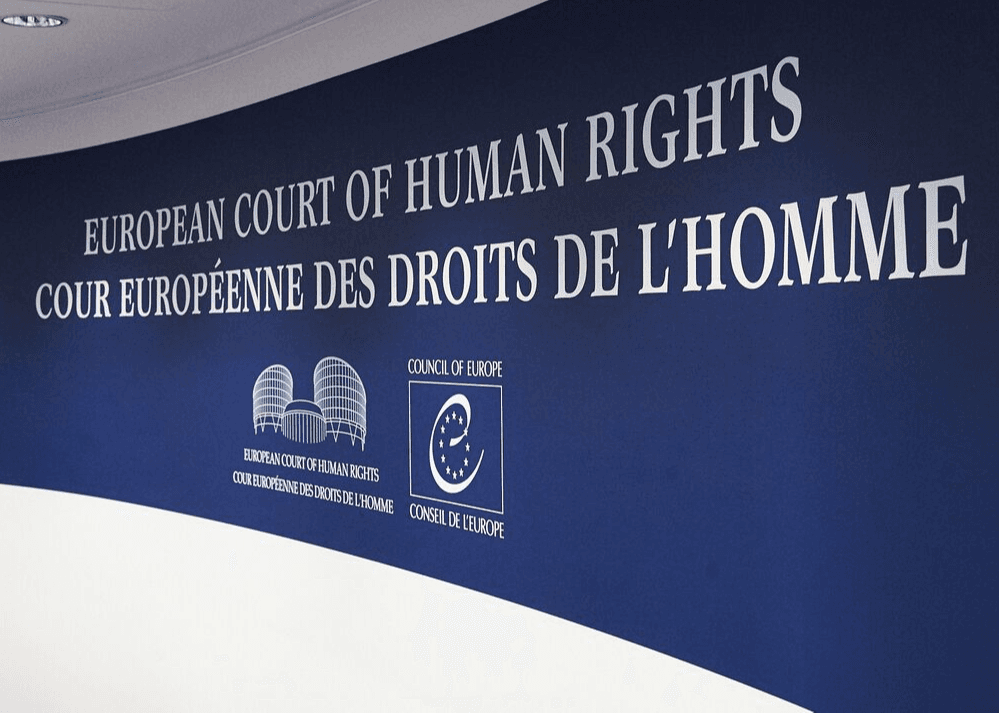The European Court of Human Rights (ECHR) is an international court located in Strasbourg, France. The Court applies the European Convention of Human Rights — an international agreement with the list of rights and freedoms that the member states of the Council of Europe are undertake to comply.
If the Court concludes that a member state of the Council of Europe has violated one or more provisions of the Convention, it issues an order. This order is binding, and the respondent state is obligated to comply with it.
Russia was expelled from the Council of Europe on March 16, 2022. However, thousands of unresolved cases against Russia are still remain in ECHR and lawyers from the Memorial Center continue working on complaints related to violations that occurred before September 17, 2022.
The ECHR still issues rulings not only under a simplified procedure for typical complaints but also under the standard procedure. This procedure involves an exchange of observations— legal memorandums responding to the European Court’s questions — between the government and the applicant. Although Russian authorities have not responded to ECHR communications since March 16, 2022, the Court continues to adhere to the procedure and addresses them each time. If no response is received, the Court informs the applicants and invites them to reply to the same questions. If the applicant submits observations, the ECHR makes a ruling on their complaint based on the evidence it has at its disposal.
Unfortunately, Russia has refused to comply with ECHR rulings issued after March 16, 2022. Applicants cannot request a review of court decisions made by Russian courts or receive the compensation awarded. Despite this ECHR decisions remain important. The applicant receives a legally binding document confirming that his rights were violated. Society gains documentation of human rights violations at the international level— not only concerning specific cases but also in identifying broader trends.

Tatiana Glushkova
lawyer at Memorial Human Rights Centre
«We at Memorial know that a historic moment is something fleeting. I am confident that Russia will, in the future — and in the relatively near future — make another attempt to join the Council of Europe. To do so, it will have to pay compensation, amend legislation that does not comply with the European Convention, and so on. In essence, we are working simultaneously for history and for the future.»
Поделиться в социальных сетях
